How AI Can Be Used in Marketing: A Smart Approach for Businesses
Artificial Intelligence (AI) is a breakthrough in many fields and marketing is one of them. Customer behavior analytics and personalized Offers AI is changing the digital marketing world in radical ways. This article will delve into the uses of AI in marketing (how to use AI in marketing) focusing on some applications for businesses, how the real concerning case studies are being and its growing role surrounding with signifies that it impart.
What Is AI in Marketing?
Cancel AI integrates machine learning algorithms, predictive analytics, and automation tools to realize more effective and efficient marketing, utilizing big data analytics combined with optimized marketing campaigns. For companies that can keep up in today’s digital-first, omnichannel environment, AI-powered tools may automate their business processes, help them reach customers more effectively, and engage with such customers at scale.
Key Applications of AI in Marketing
1. Customer Behavior Predictive Analytics
It can analyze an enormous amount of customer data to forecast future actions. Predictive analytics can help marketers understand customer behaviors and ultimately predict trends and how their customers interact with each other, what they prefer and what they buy. This includes AI recommendations such as those from Amazon (predictive modeling to suggest products to users based on their history and previous transactions). This method radically enhances personalization and yields more conversions.
2. Chatbots & AI customer support
AI-powered chatbotsMany businesses these days use AI-enabled chatbots to offer round-the-clock customer service. These bots can address FAQs, support with product troubleshooting and even checkout. H&M, for instance, uses a chatbot that works through the use of AI to help users go through its catalogue with personalized recommendations based on user input. It makes for a better customer experience and allows people freedom to perform higher-level work.
3. Original content and custominnerHTML
In this vision, AI could enable personalized content creation at scale; now imagine the thousands of Jukin clips that have potential to engage with dedicated brand partners. Tools like Persado and Copy. ai applies AI algorithms to generate marketing images, email subject lines, and social media posts that are guaranteed siren calls. AI uses the data collected from users to create these seemingly targeted messages aimed at certain audiences. By this point, personalization is well-proven in increasing engagement and click-through rates.
4. Programmatic Advertising
Artificial intelligence, is utilized in programmatic buying and placing ads on the basis of user data. This means that there is real-time ad bidding, meaning ads will go to an audience that is more likely to engage. One major of this is The New York Times which uses AI to optimize their ad placements and thus deliver a higher return on investment (ROI) by reducing centralized, inefficient spending.
5. Social Media Monitoring
For instance, an AI family member will be ready to gather content on the measuring cup of social media stages through which it normally flows as whole input or to mine it for brand or to speech sentiments about a brand or product or service, and so on. Prime examples of SAP systems supporting the abstraction of service variants from the ELDF into the AnBerbotin system include synchronous normalization and articular screening Materials and Methods Preparation of Fn14 marks One question should consider socio-demographic issues, Also on operations, staff meets customers in franchise stores 1 and communicates with them in our own name. AI tools can help with that, using technologies like Hootsuite and Brandwatch to follow conversation, find trends and report social media progress.It helps marketers to adjust their strategies on the go according to real-time feedback from their consumers.
6. Email Marketing Automation
AI helps companies send email campaigns or any kind of transactional emails needful for the individual customers on the basis of their behaviour. All of this is not just available with AI-driven platforms such as MailChimp or HubSpot to segment audiences, time mail, and even personalized content in terms of individual faculties. Spotify, for example, uses AI to recommend each user music based on their streaming behavior, which has helped the company increase email engagement significantly.
Case Study: AI in Marketing at Netflix
One of the best-known companies using AI in marketing is Netflix. Netflix uses AI algorithms to give users personalized recommendations based on their viewing history, search patterns, and ratings. This level of personalization has been key to the platform’s success, as it helps users identify content they can enjoy.
Additionally, Netflix uses AI to generate predictive content recommendations, predicting which shows and movies will perform best based on user data. Not only does this help retain customers, but it also allows the company to invest in products that have a higher chance of success (Click here to buy Netflix)
Benefits of Using AI in Marketing
1. Improved Customer Experience
It helps marketers to make the experience for customers more special and customized. By analyzing user data, AI can determine what a customer (who is clicking around) is looking for and you can tweak your message accordingly, creating better user experience.
2. Efficiency and Time Savings
AI, on the other hand, is capable of easily automating things like creating content or answering questions and can do the work that would take your marketing team hours in minutes. This will allow marketers to ditch all the laborious busywork that is best left to robots, and instead focus on doing what humans do better; ie being more strategic and creative.
3. Better Data Insights
These days, with the help of AI, businesses are able to do real-time processing and analyze very large data sets. These provide real insight into this market through which marketer gets real insights and in the end it helps the marketers for decision making in the fastest way. Hundreds, even thousands of times a day the AI learns from more and more data to help make your marketing strategies better!
4. Marketing Campaigns RoI (% Increases)
AI through predictive analytics also helps in determining the best time to run a campaign, which channels work well and what kind of content converts more. That way we make the most of it, with a good rate of ROI in our marketing budget.
Challenges of Implementing AI in Marketing
While AI offers numerous advantages, it also comes with some challenges:
1. Data Privacy Concerns
Given that AI needs a lot of data from users to work properly, the privacy and targeting issues are growing concerns. The data protection regulation enforcement, such as the GDPR, is making sure companies do their bit in pursuing these laws to prevent having to deal with any legal issues.
2. Enhanced support of the existing tools
-using AI in marketing another significant work that employs lots of time and money 1. The problem is that implementing AI to reap those benefits takes infrastructure and training — two things not often easily done.
3. Initial Costs
This is compounded by the high costs for small businesses to develop and implement AI tools. But overall, those savings and efficiencies in the long run means it is generally well worth the early investment.
The Future of AI in Marketing
Also, in the future, AI will be very important for marketing strategies. The deployment of advanced machine learning models will help marketers to acquire thorough investigative insights into behavioral trends and consumer choices. Also, the improvement of natural language understanding (NLU), will allow AI to generate and speak with customer conversation as more naturally@interface conduct.
This is exactly where AI will play a massive role in predictive marketing, and product automation & correlating it all even further with real-time customer engagement deeper into intellectualization & broader to retail.
In Conclusion,
Ml: It’s not a fashion, its marketing AI. Whether to enhance the customer experience or optimize campaign effectiveness, AI offers marketers the automation and insights required in this fast-paced environment. The solution is — adapt AI in the regular marketing strategies used by a company and innovate instead of waiting.
Shop new arrivals
-
10,000 Website Visitors (Silver)
Original price was: ৳ 2,000.00.৳ 999.00Current price is: ৳ 999.00. -
1200 DoFollow SEO Backlink
Original price was: ৳ 2,000.00.৳ 999.00Current price is: ৳ 999.00. -
30,000 Website Visitors (Gold)
Original price was: ৳ 6,000.00.৳ 2,990.00Current price is: ৳ 2,990.00. -
50,000 Website Traffic (Platinum)
Original price was: ৳ 10,000.00.৳ 4,750.00Current price is: ৳ 4,750.00.




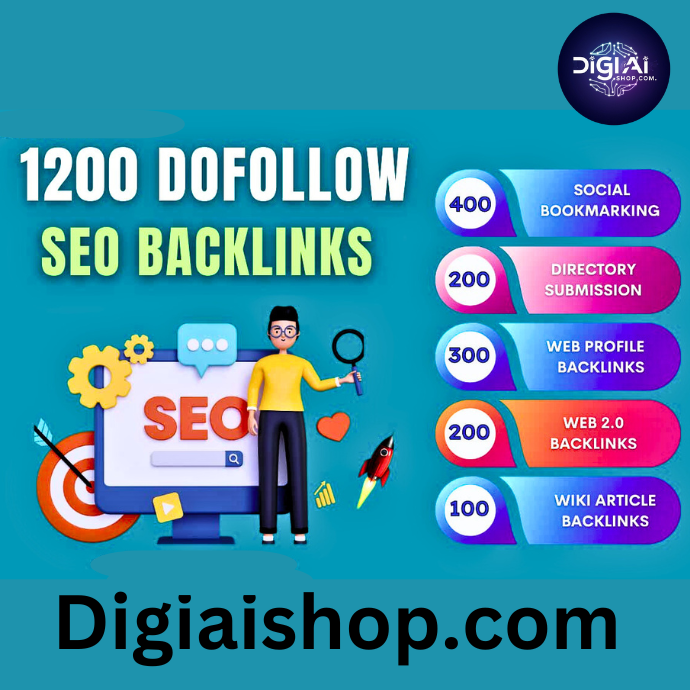
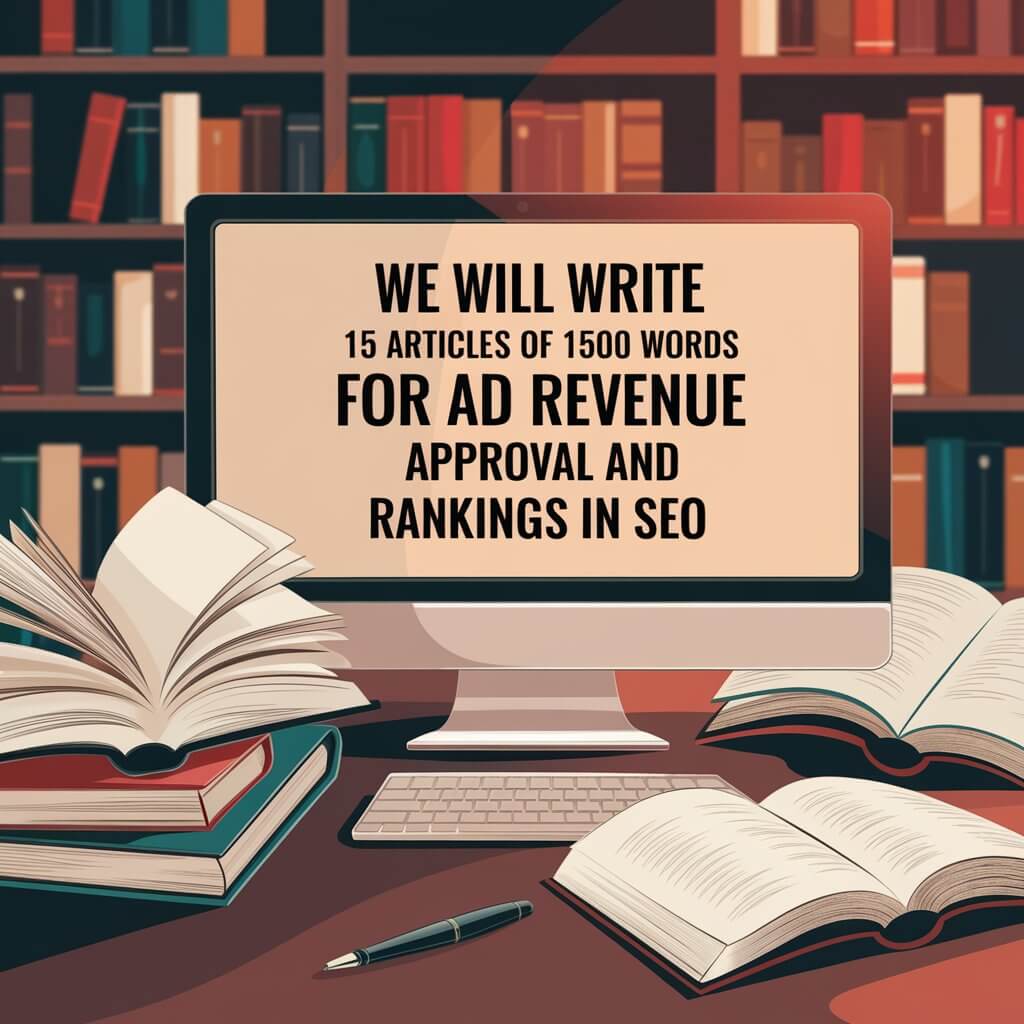


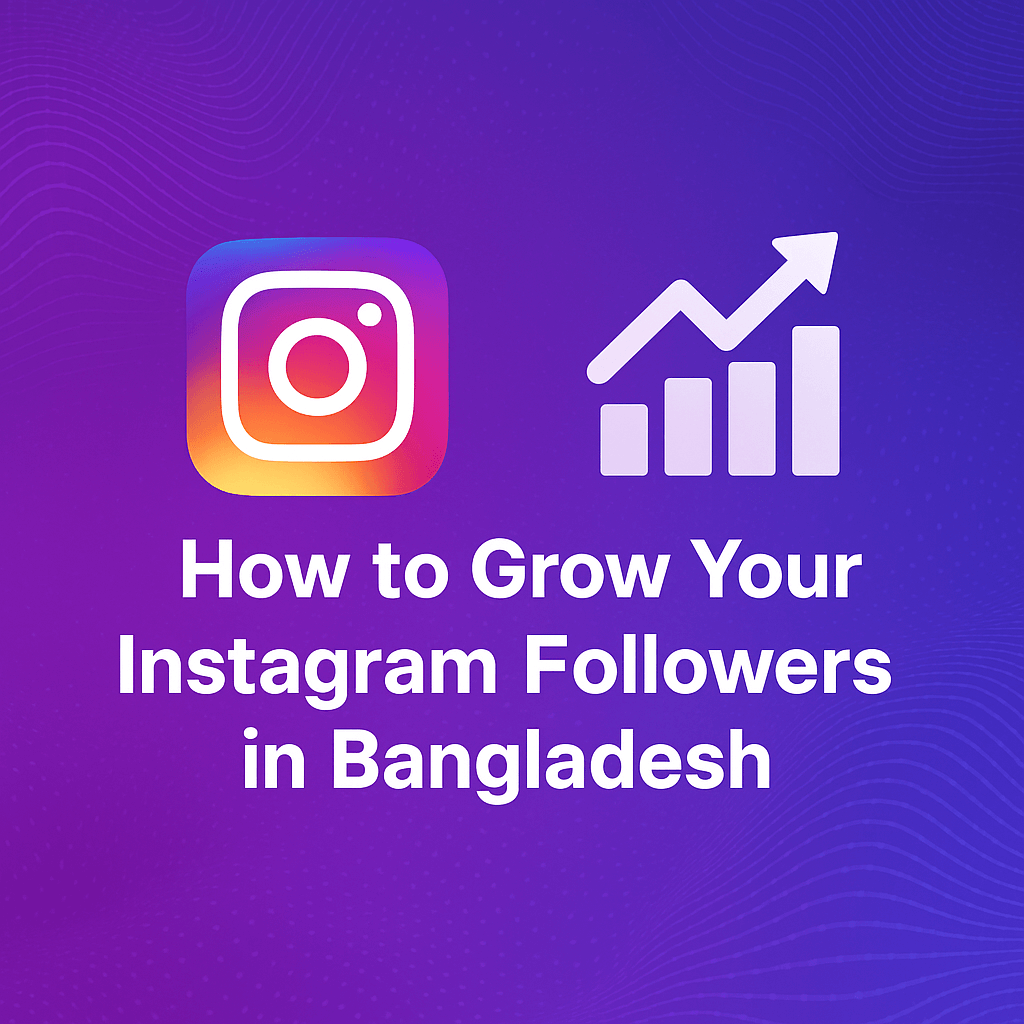
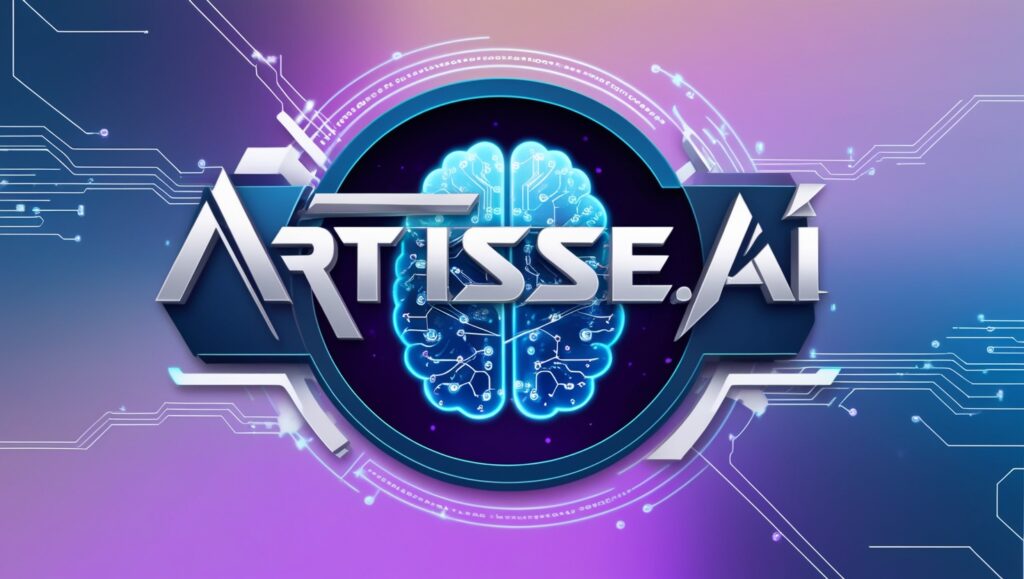
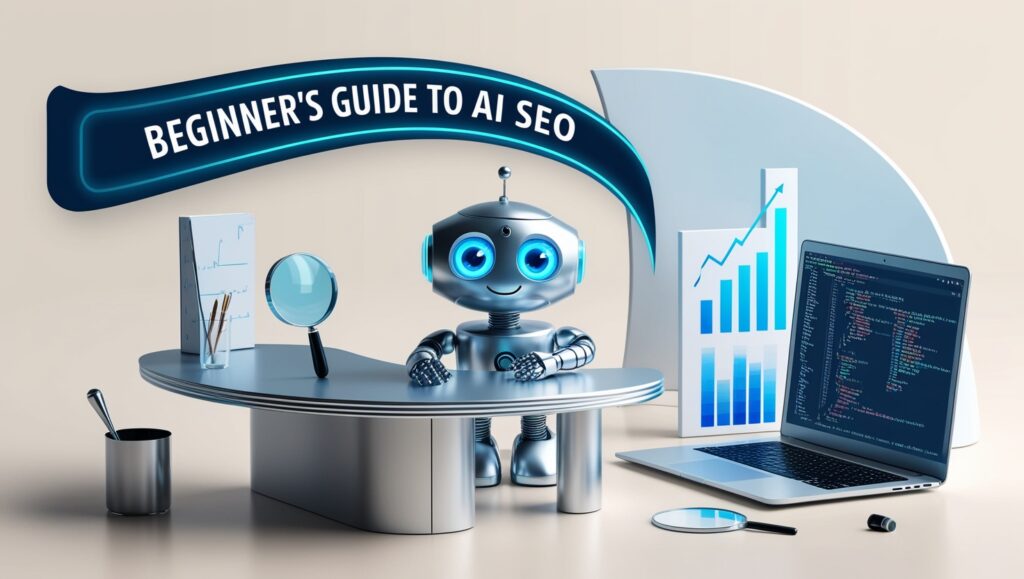
One thought on “How AI Can Be Used in Marketing: A Smart Approach for Businesses”